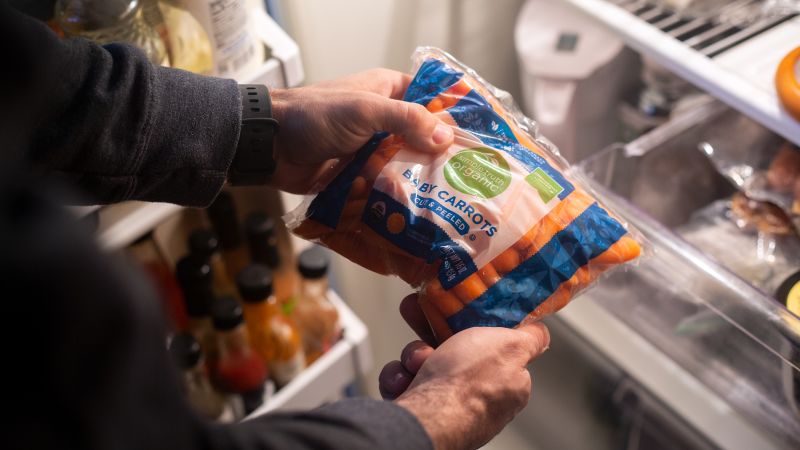In recent news, a significant E. coli outbreak has been traced back to recalled carrots, resulting in numerous illnesses across 18 states in the U.S. and one reported death. The U.S. Centers for Disease Control and Prevention (CDC) has provided data indicating that at least 39 confirmed cases of E. coli infection have been connected to the contaminated carrots, with an alarming 15 of those patients requiring hospitalization. The outbreak, first reported in early September, has highlighted the food safety challenges associated with fresh produce.
A broad recall has been instituted by Grimmway Farms, a leading carrot producer based in Bakersfield, California. The recall encompasses multiple sizes and brands of bagged organic baby carrots as well as whole carrots. Notably, these carrots are marketed under several store brands including Kroger, Publix, Target, Trader Joe’s, Walmart, Wegmans, and Whole Foods. The range and extent of the recall underscore the complexity of food distribution channels, where products are often sold under various brand names.
Grimmway Farms cautioned that while the recalled carrots are likely no longer present on retail shelves, they may still be lingering in consumers’ homes. It is vital for individuals who may have purchased the affected carrots to discard them or return them to the place of purchase. Additionally, the CDC urges consumers to sanitize any surfaces that these carrots may have come in contact with to minimize the risk of contamination.
The recall specifically targets baby organic carrots that have best-if-used-by dates between September 11 and November 12, as well as whole organic carrots that were made available from approximately August 14 to October 23. The products identified as part of this health concern feature a variety of brand names, such as Grimmway Farms, Sprouts, Trader Joe’s, Wegmans, and Good & Gather, among others. This wide array of brands illustrates the extensive reach of the outbreak and the importance of consumer awareness regarding their food sources.
As the CDC notes, the reported cases of illness may represent only a fraction of the actual outbreak. Often, detecting infections can take considerable time, sometimes up to four weeks, while many individuals may recover without seeking medical assistance, thus never being tested for E. coli. This means that the true scope of this outbreak could be much larger than current reports suggest.
The symptoms associated with E. coli infections, particularly those caused by the Shiga toxin-producing strain linked to the recalled carrots, typically manifest 3 to 4 days after consumption. Most infected individuals can expect recovery to occur within 5 to 7 days without the need for extensive medical treatment. However, specific populations—namely young children, the elderly, and individuals with compromised immune systems—face heightened risks for severe illness.
In light of the outbreak, the CDC has recommended that anyone experiencing severe symptoms such as diarrhea, fever, vomiting, and dizziness seek medical attention promptly. Health officials are emphasizing the need for vigilance, particularly among vulnerable demographics.
Grimmway Farms has acknowledged the gravity of the situation and has initiated a collaborative response involving health authorities and suppliers to address the outbreak effectively. According to Jeff Huckaby, President and CEO of Grimmway Farms, the company is taking the outbreak seriously, underscoring its commitment to food safety and product quality. In a statement, Huckaby emphasized, “The health of our customers and the integrity of our products are our highest priorities,” highlighting the necessity for a comprehensive review of all operational practices related to growing, harvesting, and processing their products.
Overall, this outbreak serves as a stark reminder of the ongoing challenges that food safety poses in modern food systems, necessitating proactive measures both from producers and consumers to safeguard public health.












